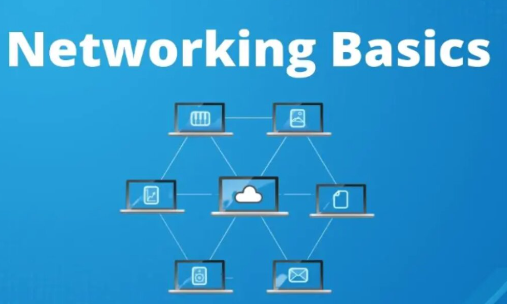Understanding IT networking basics is essential in today’s interconnected world, where digital communication forms the backbone of most businesses and personal interactions. Whether you’re setting up a home office or entering the IT field, grasping fundamental concepts can enhance your efficiency and problem-solving skills.
What is Networking?
Networking refers to the practice of connecting computers and other devices to share resources and information. This can be local or wide-ranging, enabling users to communicate seamlessly across distances. The primary components of networking include hardware like routers and switches, as well as software protocols that facilitate data exchange, making it a crucial aspect of modern technology.
Types of Networks
There are several key types of networks to understand, including Local Area Networks (LAN), Wide Area Networks (WAN), and Metropolitan Area Networks (MAN). A LAN typically connects computers within a limited area, such as an office, while a WAN covers broader geographic distances, often utilizing telecommunications links. Understanding these distinctions helps in selecting the right network setup based on usage needs—be it for small teams or large enterprises.
Basic Networking Devices
Networking relies on several essential devices that facilitate communication. Routers direct data traffic between networks, while switches connect multiple devices within a LAN, managing data flow efficiently. Additionally, modems translate digital signals for transmission over various media. Familiarizing yourself with these devices can significantly enhance your troubleshooting skills and overall comprehension of network functionality.
By grasping these networking fundamentals, you can become more adept in both personal and professional IT environments. As technology continues to evolve, expanding your knowledge in this area can lead to numerous opportunities and improved connectivity. Consider exploring further resources or online courses to deepen your understanding!

